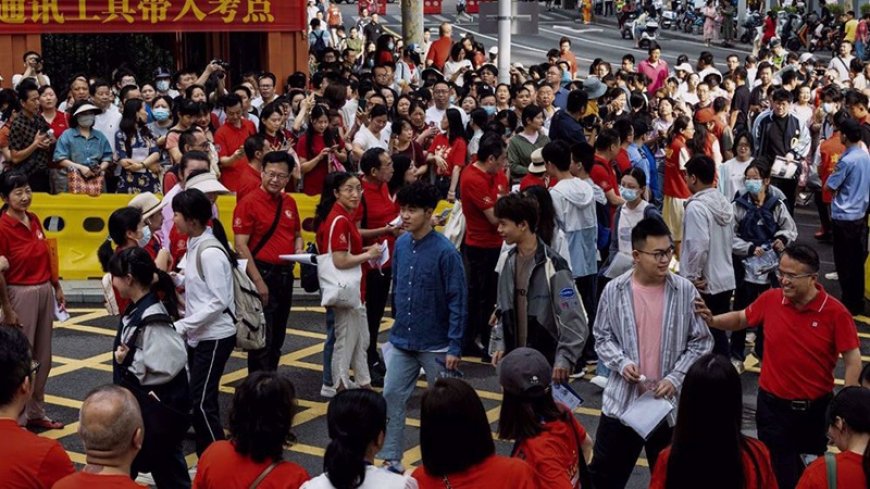US Military's Covert Campaign Against China During COVID-19 Pandemic Revealed
The US military conducted a secret psychological operation aimed at undermining China during the COVID-19 pandemic, according to a report by Reuters.


The US military conducted a secret psychological operation aimed at undermining China during the COVID-19 pandemic, according to a report by Reuters. The covert campaign, which took place at the height of the pandemic in 2020, sought to counter China's growing influence in the Philippines and other regions. The Philippines, one of the countries severely affected by COVID-19, became a focal point of the US disinformation campaign. The operation involved spreading false information suggesting that China not only created and spread the virus but also supplied substandard masks and fake vaccines to other countries as a means of expanding its geopolitical reach.
Reuters reported on Saturday that the US military initiated this campaign to manipulate public perception and weaken China's standing. The disinformation efforts included the creation of hundreds of fake social media accounts designed to appear as though they were run by real Filipinos. These accounts disseminated false narratives, aiming to sow distrust towards China.
The Australian Broadcasting Corporation corroborated these findings, revealing that the US military used fake social media profiles to spread misleading information and anti-China sentiments. One of the most widely shared posts on Twitter during that period declared, "The COVID is from China and the VACCINE is also from China, don't trust China!" This message, along with similar posts, was part of the broader strategy to influence public opinion against China.
The campaign's impact on public sentiment in the Philippines and other regions remains a subject of scrutiny. The use of disinformation and psychological operations highlights the lengths to which nations might go in the realm of modern geopolitical competition.
These revelations have sparked discussions about the ethical implications of using disinformation as a tool in international relations. The exposure of this covert campaign underscores the complex dynamics of global power struggles, particularly during times of crisis like the COVID-19 pandemic.
As the international community processes this information, the long-term consequences of such actions on diplomatic relations and global trust are yet to be fully understood. The disclosure of this covert operation adds a new dimension to the ongoing discourse on the role of information warfare in contemporary geopolitics.
May 13, 2025 167
May 12, 2025 398
May 12, 2025 380
May 12, 2025 318
May 12, 2025 346
Apr 15, 2023 27.1k
Feb 15, 2023 26.7k
Apr 15, 2023 24.9k
Mar 31, 2025 4.5k
Mar 11, 2025 3.2k
This site uses cookies. By continuing to browse the site you are agreeing to our use of cookies.


